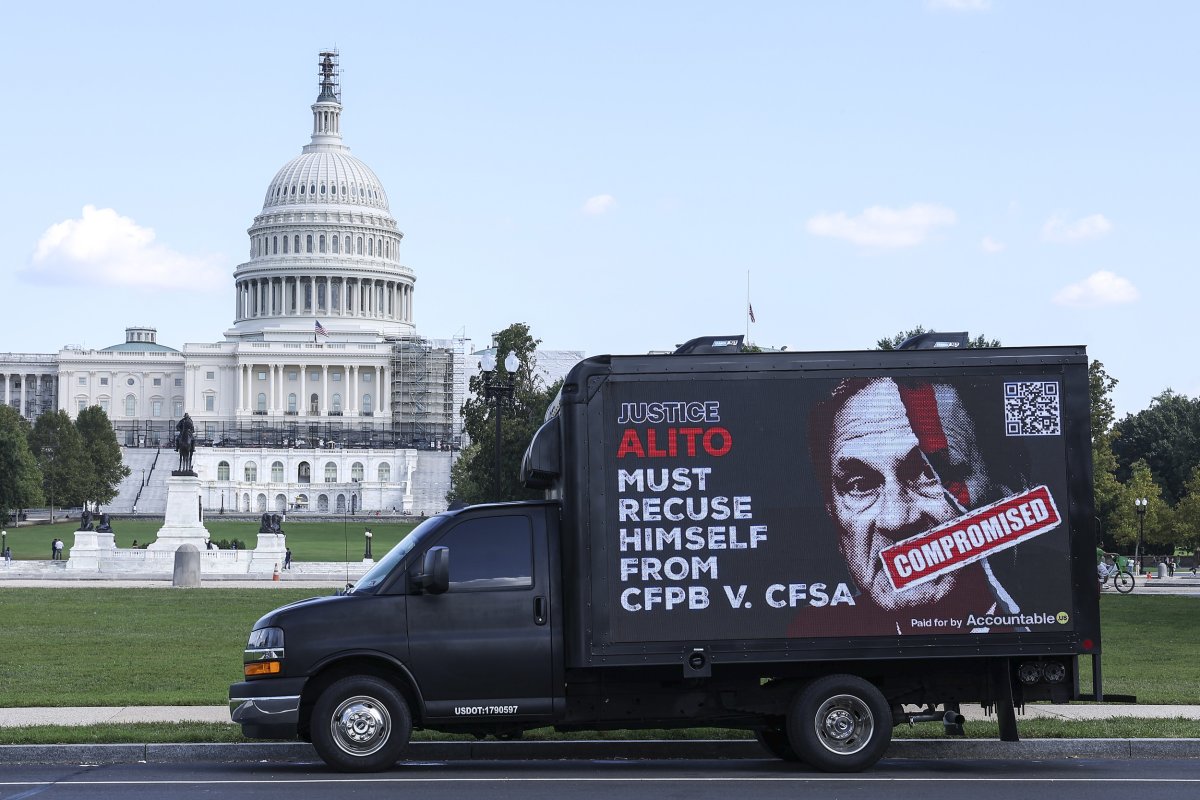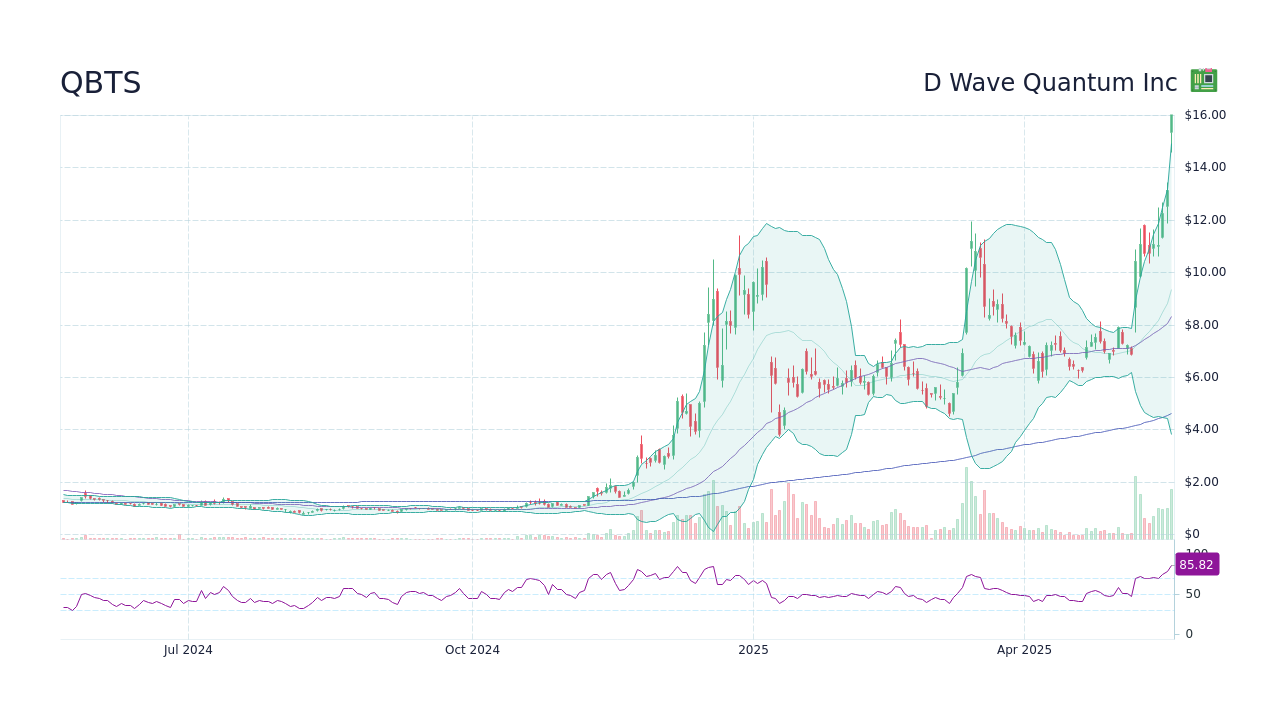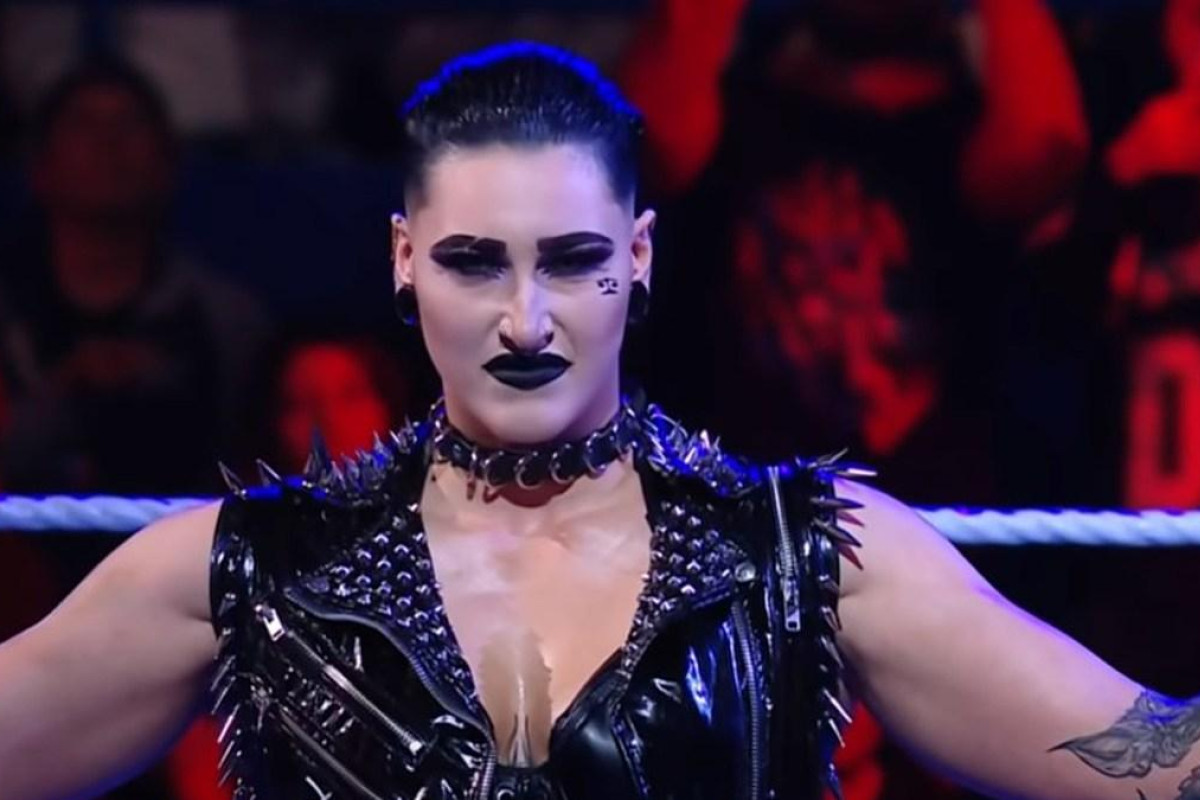Alito And Roberts: Assessing Their Impact After Two Decades Of Service

Table of Contents
Justice John Roberts: The Chief Justice's Balancing Act
Roberts' Approach to Judicial Decision-Making
Chief Justice John Roberts has often been described as attempting a delicate balancing act. His approach to judicial decision-making emphasizes upholding precedent, a commitment he often articulates in his opinions. This dedication to stare decisis (the principle of following prior legal precedent) is evident in many of his rulings. However, his commitment to precedent isn't absolute. He plays a crucial role in shaping majority opinions, skillfully navigating the ideological divisions within the Court to build consensus where possible. This often results in him casting what are perceived as "swing votes," siding with the liberal wing in some instances and the conservative wing in others.
- Examples of cases where he sided with the liberal wing: While less frequent in recent years, Roberts' vote has been pivotal in upholding aspects of the Affordable Care Act.
- Examples of cases where he sided with the conservative wing: Cases involving campaign finance and voting rights have seen Roberts align with the conservative justices.
- Focus on maintaining the Court's legitimacy: Roberts has repeatedly stressed the importance of maintaining public confidence in the Court's legitimacy, a concern that influences his strategic decision-making.
- Strategic decision-making: Roberts’ decisions often appear calculated to maintain a semblance of bipartisanship, or at least to avoid overly controversial rulings that could significantly damage the Court's reputation.
Key Cases and Their Impact Under Roberts' Leadership
Roberts' tenure has witnessed several landmark cases with far-reaching consequences. These decisions have profoundly impacted various areas of American law.
- National Federation of Independent Business v. Sebelius (Affordable Care Act): Roberts' deciding vote upheld the Affordable Care Act, a significant victory for the Obama administration. This decision highlighted his ability to find common ground, even on highly contentious issues.
- Shelby County v. Holder (Voting Rights Act): The Court's decision in this case significantly weakened the Voting Rights Act, a ruling that sparked significant controversy and debate over its impact on minority voting rights. Roberts' opinion reflected a conservative approach to federal oversight of state voting laws.
- Citizens United v. FEC (Campaign finance): This landmark case significantly altered campaign finance regulations, leading to increased influence of money in politics. While not authored by Roberts, his concurrence shaped the Court's final opinion, influencing the direction of campaign finance law.
- Long-term consequences: The long-term effects of these decisions continue to be debated, with significant implications for healthcare access, voter participation, and political discourse.
Justice Samuel Alito: A Conservative Force on the Court
Alito's Originalist Judicial Philosophy
Justice Alito is known for his adherence to originalism, a judicial philosophy that interprets the Constitution based on the original understanding of its framers. This approach significantly influences his rulings and positions him firmly within the conservative wing of the Court.
- Comparison to other justices: Alito's originalism is often compared and contrasted with the approaches of other justices, some of whom take a more flexible or "living constitution" approach.
- Examples of cases showcasing his originalist interpretations: Numerous cases demonstrate his application of originalist principles, resulting in outcomes often favored by conservative groups.
- Potential limitations of his approach: Critics argue that originalism can be overly restrictive and fail to address contemporary social and legal issues effectively.
Alito's Key Opinions and Dissents
Justice Alito has penned several pivotal opinions and dissents that have reshaped legal landscapes.
- Dobbs v. Jackson Women's Health Organization (abortion): Alito authored the majority opinion overturning Roe v. Wade, significantly altering abortion rights in the United States and sparking national debate.
- Burwell v. Hobby Lobby Stores, Inc. (religious freedom): This case involved the application of religious freedom exemptions to the Affordable Care Act's contraceptive mandate. Alito's opinion broadened the scope of religious exemptions in this context.
- District of Columbia v. Heller (Second Amendment): Alito's concurrence in this landmark case helped shape the Court's interpretation of the Second Amendment's right to bear arms.
- Societal impact: These rulings have had profound and ongoing societal implications, igniting intense public and political discourse.
The Alito-Roberts Dynamic
The relationship between Justices Alito and Roberts presents a complex dynamic. While both are considered conservatives, their approaches and emphasis differ subtly.
- Cases where they sided together: Many cases show strong agreement between the two justices, reflecting a shared conservative judicial philosophy.
- Cases where they differed in their opinions: Occasional disagreements highlight differing priorities and approaches within the conservative wing itself.
- Individual influences on each other: The extent to which each justice influences the other's opinions is a subject of ongoing scholarly discussion.
The Broader Impact of Alito and Roberts' Legacies
Shift in the Court's Ideology
The presence of Justices Alito and Roberts has undeniably shifted the ideological balance of the Supreme Court.
- Comparison to previous Courts: Comparing the current Court to previous iterations reveals a marked shift toward a more conservative jurisprudence under their influence.
- Future implications: This shift has significant implications for the future direction of American law and policy.
Public Perception and Criticism
The decisions of Justices Alito and Roberts have faced substantial public and academic scrutiny.
- Criticisms regarding judicial activism and impartiality: Critics often accuse both justices of judicial activism, particularly in cases involving social and political issues.
- Analysis of public opinion polls: Public opinion polls consistently reveal deeply divided opinions on the Court's decisions, reflecting the polarization surrounding these appointments.
Conclusion
This article examined the significant contributions and impacts of Justices Alito and Roberts on the Supreme Court. We analyzed their individual approaches, key decisions, and the broader effects on American jurisprudence. Their influence has undeniably reshaped the Court's trajectory, leading to considerable debate and shaping the legal landscape for decades to come. Understanding their impact is crucial for comprehending the current state of the Supreme Court and anticipating its future direction. The Alito and Roberts Supreme Court impact continues to evolve and remains a subject of critical discussion and analysis.
Call to Action: To further explore the lasting impact of Alito and Roberts Supreme Court Impact, delve into the case law discussed and consider the ongoing implications of their judicial philosophies. Continue the conversation by researching further and sharing your perspectives on their legacy.

Featured Posts
-
 Investigating The Reasons Behind D Wave Quantum Qbts Stocks Friday Gain
May 20, 2025
Investigating The Reasons Behind D Wave Quantum Qbts Stocks Friday Gain
May 20, 2025 -
 Endgueltige Formgebung Am Bau Ankuendigung Der Architektin
May 20, 2025
Endgueltige Formgebung Am Bau Ankuendigung Der Architektin
May 20, 2025 -
 Enquete Sur Le Meurtre D Aramburu Ou En Est L Investigation
May 20, 2025
Enquete Sur Le Meurtre D Aramburu Ou En Est L Investigation
May 20, 2025 -
 Hamilton Vs Ferrari Heated Exchange During Miami Gp Tea Break
May 20, 2025
Hamilton Vs Ferrari Heated Exchange During Miami Gp Tea Break
May 20, 2025 -
 Formula 1 Yeni Sezonun Baslangicina Kadar Kalan Suere Ve Oenemli Detaylar
May 20, 2025
Formula 1 Yeni Sezonun Baslangicina Kadar Kalan Suere Ve Oenemli Detaylar
May 20, 2025
Latest Posts
-
 Zoey Stark Injured During Wwe Raw Match
May 20, 2025
Zoey Stark Injured During Wwe Raw Match
May 20, 2025 -
 Huuhkajien Avauskokoonpanoon Suuria Muutoksia
May 20, 2025
Huuhkajien Avauskokoonpanoon Suuria Muutoksia
May 20, 2025 -
 2025 Money In The Bank Ripley And Perez Confirmed
May 20, 2025
2025 Money In The Bank Ripley And Perez Confirmed
May 20, 2025 -
 Suomi Aloittaa Ottelun Taellae Kokoonpanolla Kolme Uutta Pelaajaa
May 20, 2025
Suomi Aloittaa Ottelun Taellae Kokoonpanolla Kolme Uutta Pelaajaa
May 20, 2025 -
 Roxanne Perez And Rhea Ripleys Road To Money In The Bank 2025
May 20, 2025
Roxanne Perez And Rhea Ripleys Road To Money In The Bank 2025
May 20, 2025
